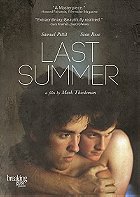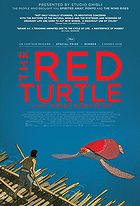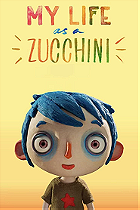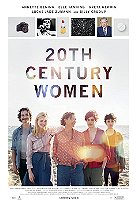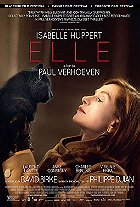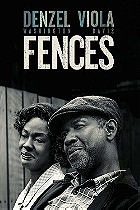Posted : 8 years, 4 months ago on 23 February 2017 04:29
(A review of
Disney’s Neo-Renaissance just keeps rolling one with their second outing of 2016, Moana. While still a very strong effort, it takes much longer to warm-up when compared to the immediately off-and-running gags and heart of Zootopia. Moana’s introductory scenes feel like retreads of practically any of the dozens of princess properties put out by the studio over the decades, and then it finally takes a clearer, better shape once she’s out in the sea and adventuring. That’s when Moana, both the character and film, exhibit tons of personality and verve.
The sluggish beginning finds us getting a background mythology info-dump then a montage of our heroine’s innate desires being suppressed. These sequences are gorgeously animated, one can rarely if ever fault Disney on this front, but they feel like a film working on pure formula. How many rebellious princess suppressed by well-meaning if overbearing parents has Disney thrown our way by this point? Then something funny happens once Moana hits the water, the film shakes off the confines of the formula and decides to go full-tilt bonkers with the Polynesian culture, including demigods, strange monsters, and more down-to-earth aspects like tattoos and seafaring.
This is the power of and primary reason that we return to animation. It can quite simply do things that live action films cannot. A demigod with a gigantic fishhook battling a humongous coconut crab during a musical? Yeah, you try to get that done in a traditional summer blockbuster and see what happens. This moments of culturally specific monsters and beautiful earth goddesses are another reason that we return to animation, it gives life to the mythology of the world. Disney’s cultural diversity pushes, going back to the 90s Renaissance era, have produced some of the best films in the studio’s output, look no further than the Shakespeare-meets-Africa tragedy of The Lion King or lovable United Colors of Benetton science geeks in Big Hero 6. Moana happily joins these ranks.
While the animation is top-notch, the specificity of Moana’s body movements and Maui’s semi-sentient tattoos are simply wonderful, Moana’s face does suffer from Disney’s typical heroine face. You know what I’m talking about, like how Tangled and Frozen have female characters that look nearly like clones of each other. Well, Moana just has a slightly wider nose, but she’s got the same basic face shape. Look Disney, if you can make all of the other characters look like individual characters and you can provide Moana with her own agency and personality, why couldn’t something more original be done with her face?
I pick on this because of how breathtaking and unique so many of the other creations of the film are. Like the strange little coconut pirate monsters that provide a humorous interlude, a mystical stingray covered in tribal tattoos, or the epic showdown between Maui, Moana, and Te Kā, a living lava monster guarding an island. These moments soar to dazzlingly heights of technical skill and personality-heavy animation. Maui seriously steals the movie outright with his endearing condescension and fourth-wall breaking humor. I personally loved Maui calling Moana a princess because she wears a dress and has an animal sidekick, essentially providing a moment for Disney to riff on its own tropes with gently acerbic self-reflection.
Then there’s the strong score, much of it courtesy of Lin-Manuel Miranda, which bests the dominating one from Frozen. At first, I found Moana’s “I want” song, “How Far I’ll Go,” a tradition of Disney characters, a bit underwhelming, but I’ve found myself humming the massive chorus since then, so there’s that. Even better though are the character songs, like Maui’s “You’re Welcome,” which feels tailored made for Dwayne Johnson’s natural charisma and charm, and Tamatoa’s “Shiny,” which finds Jemaine Clement doing a solid David Bowie impression while riffing on the wonders of his golden trinket covered shell.
What Moana lacks in narrative originality, you can guess every nuance of the relationship between her and Maui from frame one and her animal sidekick is a new low for dumb animal friends, it makes up for in visual depth and beauty. There’s a specificity to character, personality, place, and culture that is most welcome and quite refreshing. Here is a warm, inviting movie, and more of this from Disney and less live-action retreads of their animated classics is what I would like to see.
 Login
Login
 Home
Home 95 Lists
95 Lists 1531 Reviews
1531 Reviews Collections
Collections
 0 comments,
0 comments, 